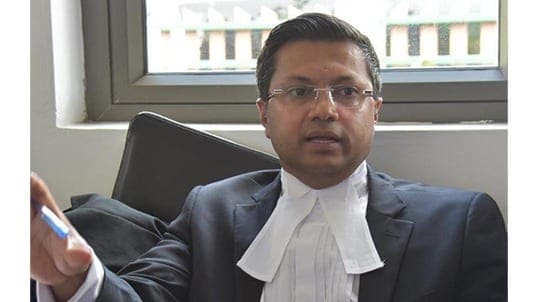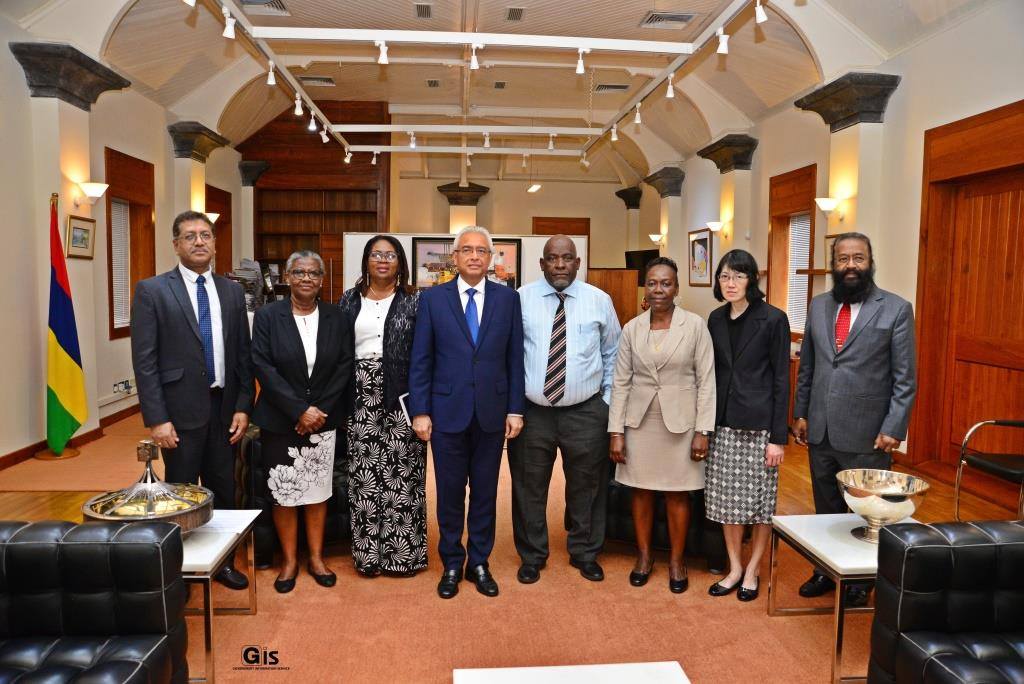Government Employees: The Ministry of Civil Service has announced Eid-ul-Fitr holidays of 16 days for all employees working in the public sector this year. When we say all employees, it includes expatriate employees as well who are working in the government sector and they are on the payroll of the government.
Subcontracted Manpower: There are many expatriate employees who areworking in the government sector but they are not directly hired by the Government. They are on the payroll of sub-contracted suppliers and hence not included in the above order.
Security Forces and Health Staff: Moreover, there are few sectors who are not included in this. For example, security forces are not granted Eid Holidays in this manner. Similarly, doctors and other operating staff of Ministry of Health is also not granted Eid Holidays in this manner.
Their duty timings are set by the individual ministries and it is also included in the contracts of individual employees. However, they get proper compensation for working during Eid Holidays.
Banking Sector: Employees working in the Banking and Insurance Sector will enjoy Eid Holidays according to the Saudi Arabian Monetary Agency guidelines. This year, SAMA has announced their Eid Holidays starting from June 13, 2018 and they will resume work on June 24, 2018.
Holidays Calendar: The holidays will begin at the end of the working day on Friday, June 08 (23 Ramadan) and will end on Saturday, June 23. Employees will have to report back to the office on June 24, 2018, i.e. Sunday.
Eid ul Fitr Holidays: According to Article 4 of the ministry’s bylaw for holidays, the Eid Al-Fitr holidays usually start from Ramadan 27 and end on Shawal 07. Overtime during Eid Holidays: Employers may ask employees to work during those days. Business like manufacturing concerns, supermarkets never close on Eid Holidays. If an employee is willing to work during Eid holidays, the employer is responsible for paying them overtime for all the time they have worked during these days.









